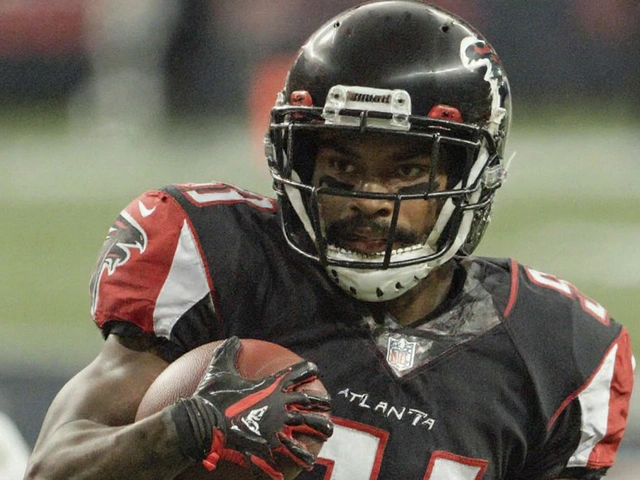Industry Objectification: What It Looks Like and What You Can Do
Have you ever felt like a worker, artist, or athlete was treated like a product rather than a person? That’s industry objectification — when people are reduced to images, numbers, or revenue streams and their rights, dignity, or needs get ignored. It happens in big companies, small studios, sports teams, and even newsrooms.
Here’s a quick, practical way to spot it: if a decision focuses only on profits, ratings, or social metrics and ignores harm to the people involved, that’s a red flag. Examples include unpaid prizes promised to reality show winners, performers pushed into risky schedules for content, or employees evaluated only by output without support. Once you can name it, you can act on it.
Where you usually see industry objectification
Media and entertainment: Contestants, models, and creators often get trimmed down to soundbites and clickable moments. When production treats someone like content rather than a human, their wellbeing comes last.
Sports: Teams chase wins and sponsorships. Players may be pushed through injuries or turned into brand machines, which sidelines their long-term health and voice.
Tech and business: Workers become KPIs. Algorithms can judge people by engagement scores, performance charts, or surveillance tools, making human context invisible.
Politics and public life: Officials or activists can be framed in one story angle, denying nuance and harming reputations. That simplification can block accountability or hide abuse.
How to push back — simple steps anyone can use
Ask direct questions. If you work in or cover an industry, ask who benefits, who pays the cost, and who decides. That helps move conversations from hype to harm.
Support transparency. Contracts, prize fulfilment, and working conditions should be clear and public when possible. If a winner claims a promised prize never arrived, call for verification and accountability.
Promote policies that protect people. That can mean union support, clearer safety rules, or editorial standards that prioritize consent and context over clicks.
Use your consumer power. Stop watching, buying, or sharing content that treats people as objects. Public pressure and lost revenue get attention fast.
Tell the story right. Journalists and creators can add depth: include voices of those affected, show long-term impacts, and avoid turning people into single-line headlines.
Industry objectification is fixable when people notice it and act. On Continental Scout Daily we flag stories that show how systems treat people and what communities are doing to change them. Follow this tag to see investigations, case studies, and practical tips that push industries toward fairer, safer practice.
Actor Nicholas Galitzine discusses his role as a queer character and the ethical implications as a straight actor. He highlights concerns over representation and fears of being valued only for his appearance. His recent and future projects also reflect his acting range.
Recent-posts
Jul, 10 2024






